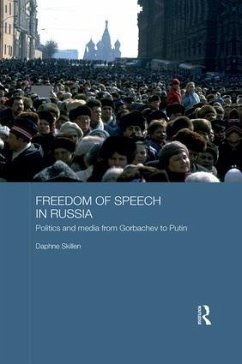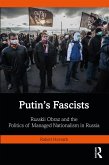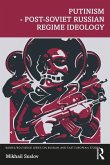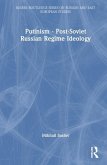This book traces the life of free speech in Russia from the final years of the Soviet Union to the present. It shows how long-cherished hopes for an open society in which people would speak freely and tell truth to power fared under Gorbachev's glasnost; how free speech was a real, if fractured, achievement of Yeltsin's years in power; and how easy it was for Putin to reverse these newly won freedoms, imposing a 'patrimonial' media that sits comfortably with old autocratic and feudal traditions. The book explores why this turn seemed so inexorable and now seems so entrenched. It examines the historical legacy, and Russia's culturally ambivalent perception of freedom, which Dostoyevsky called that 'terrible gift'. It evaluates the allure of western consumerism and Soviet-era illusions that stunted the initial promise of freedom and democracy. The behaviour of journalists and their apparent complicity in the distortion of their profession come under scrutiny. This ambitious study covering more than 30 years of radical change looks at responses 'from above' and 'from below', and asks whether the players truly understood what was involved in the practice of free speech.
"Skillen expertly pinpoints the major reasons for the demise of freedom of speech in Russia... The book is well-written, and the author shows a great depth of knowledge about the post-Soviet Russian media and politics."
Ilya Yablokov, The University of Leeds, The Russian Review
"Freedom of Speech in Russia is a brilliant and thought-provoking analysis of its topic, exposing the fragility of the entire notion of uncensored communication in Russia."
Jason C. Vaughn, British Association for SLavonic and East European Studies (BASEES)
Ilya Yablokov, The University of Leeds, The Russian Review
"Freedom of Speech in Russia is a brilliant and thought-provoking analysis of its topic, exposing the fragility of the entire notion of uncensored communication in Russia."
Jason C. Vaughn, British Association for SLavonic and East European Studies (BASEES)








